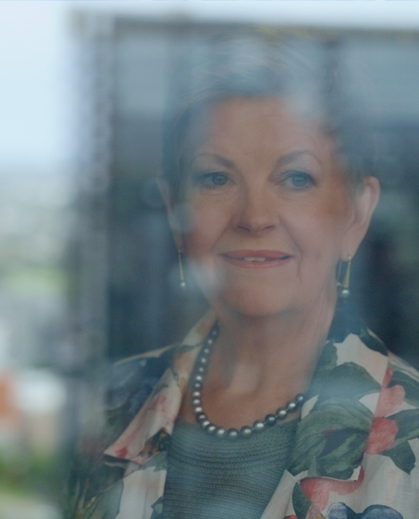He has contributed to both public and private sector governance for decades and is now chairman of the Lottery Corporation and Indigenous Business Australia Asset Management. Dr Doug McTaggart FAICDLife was awarded Life Fellowship this year at the Australian Governance Summit (AGS) in Melbourne, in recognition of his years of service, where he has been significantly involved in competition and regulation policy matters. He is a former director of the Suncorp Group and former chair of Spark Infrastructure RE. Previously, McTaggart served as Under Treasurer for the Queensland Department of Treasury, CEO of the Queensland Investment Corporation, chair of the Queensland Public Service Commission and as a member of the Queensland Public Sector Renewal Board.
Public sector boards present different challenges to boards in the private sector, but often directors have little understanding of how government really works, according to Dr Doug McTaggart FAICDLife.
“I have come across various directors or some directors that don't understand how government works, don't understand why government works differently from the private sector, and some even question why it even exists. Understanding how government works, I think, prepared me to be able to work well with government, to communicate with government, to communicate with the government gatekeepers, which are the bureaucrats. And I think that in the end delivers a better outcome for any organisation.”
Inside boardrooms, government plays a very important role in the life of companies and therefore boards, he adds. “So having a good understanding of governance is important.”
The difference between public and private sector boards depends on who the primary stakeholder is. “With private companies or publicly listed companies, it's a shareholder group. And in a public company governance is more likely to be a (led by) a shareholding minister who's acting on behalf of voters.”
He told the AICD in an interview that this creates particular challenges because a shareholder group or investor group is typically more aligned collectively and the primary purpose is fairly straightforward. “With government boards, the problems are different. They're complex in ways that aren't necessarily the same for the private sector.”
McTaggart has also been involved as a director with a number of First Nations boards.
“I've had the good fortune to work with the entrepreneurial side of the Indigenous community. There are a lot of dynamic individual entrepreneurs out there and I've worked closely with entrepreneurial organisations such as Indigenous Business Australia and the Indigenous Land and Sea Corporation. I have a view that we need a national uplift to work more on generating and providing for economic independence for Indigenous peoples. It starts with Indigenous jobs and access to capital, which will promote economic growth.
“With that comes wealth, choice and opportunity. I'm actually buoyed to see we're beginning to go down that path today, and I think it's going to be over a period of time. It's going to deliver the opportunity to better manage the problems that are there but to generate opportunity for Indigenous people.”
McTaggart advises aspiring directors to do three things if they wish to join boards. “I always suggest people have a very good background in economics. Understanding choice and opportunity cost, to me, has been fundamental. Secondly, I encourage them to do the AICD courses to understand how boards operate and the role of a corporation on the board. And thirdly, I would suggest… network.”
McTaggart has been an AICD member for nearly 25 years and was a member of the AICD QLD Divisional Council from 2012 – 2016. He won the Queensland Gold Medal Award in 2018 and has presented at many AICD events since 2005.
Latest news
Already a member?
Login to view this content


